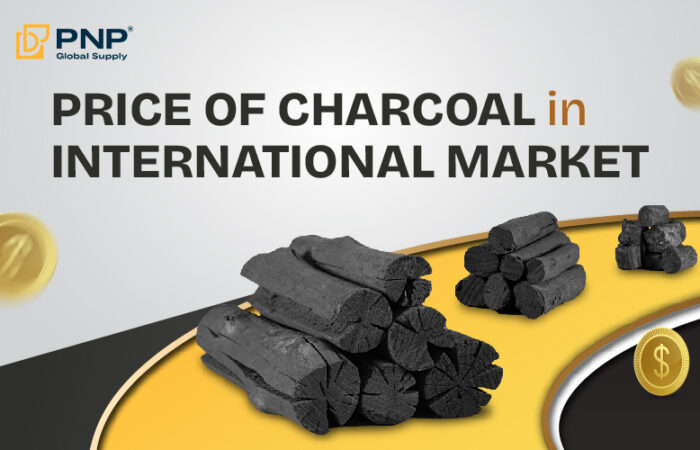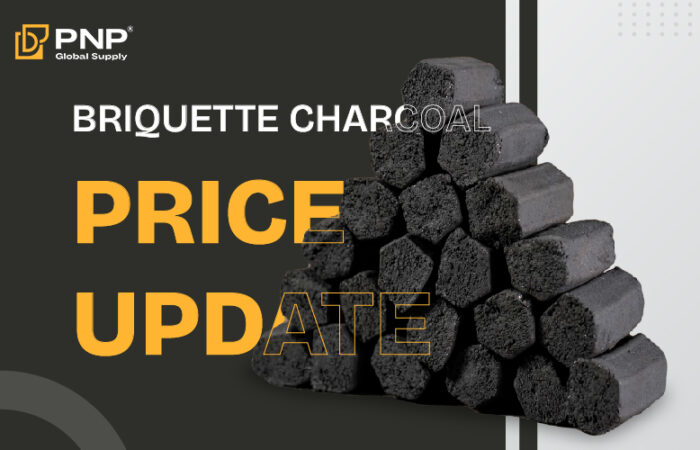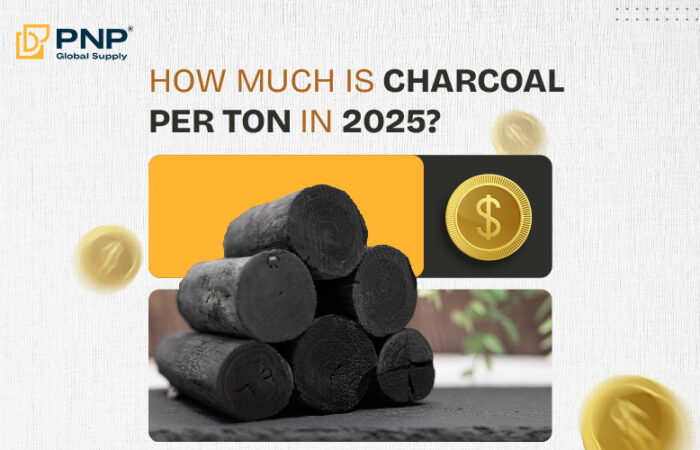In today’s world, where clean energy and eco-conscious living are gaining more attention, coconut charcoal is making its way to the top of preferred fuel sources. Whether you’re a barbecue lover, a hookah lounge owner, or someone looking for sustainable options, you’ve probably come across this natural alternative. But what drives the growing interest in coconut charcoal? And is the coconut charcoal price really worth it?
Let’s take a closer look at what this charcoal offers and why it’s gaining ground across multiple industries.

What Makes Coconut Charcoal Different?
Coconut charcoal, also referred to as charcoal coconut, is made from coconut shells that would otherwise be discarded as waste. These shells are carbonized under controlled conditions to produce dense, low-moisture charcoal. Unlike traditional wood charcoal, coconut charcoal burns cleaner and longer, making it an ideal option for both commercial and household use.
Its uniform texture and high carbon content help generate steady heat with very little smoke, a feature that appeals to many users. The production process also supports sustainability by utilizing agricultural waste rather than cutting down trees—an increasingly important point for today’s environmentally conscious buyers.
Understanding Coconut Charcoal Price
The price of coconut charcoal varies based on several important factors. Quality is the primary driver—charcoal with higher fixed carbon content and lower ash percentage commands a higher price due to its superior burning performance and longer lasting heat. Another factor is the form of the charcoal. For example, coconut charcoal cubes, widely used for BBQ and shisha, usually cost more because of their uniform shape and consistent burn quality.
Geographical origin also influences pricing. Countries like Vietnam and Indonesia are well-known for exporting high-quality coconut charcoal. However, prices can fluctuate depending on factors such as supply availability, packaging standards, and shipping logistics.
The accurate and current market price for coconut charcoal, particularly for export under FOB (Free On Board) terms, ranges between $1,200 and $1,400 per metric ton. This range is higher than common wood charcoal but reflects the premium quality and sustainability advantages of coconut charcoal.
For retail consumers, smaller packaging is typically priced between $2 and $6 per kilogram, depending on the quality and form of the charcoal. Despite the higher price point, many users find that the cleaner burn, longer heat retention, and eco-friendliness of coconut charcoal justify the investment.
Learn more about briquette charcoal pricing in the article below: Briquette Charcoal Price Prediction for 2025

Benefits of Coconut Charcoal
There are several reasons why more people are choosing coconut charcoal, even at a slightly higher price point. One of the key benefits of coconut charcoal is its long burn time. Thanks to its dense structure, it can burn for hours without needing to be replaced. This is especially useful for long barbecue sessions or extended shisha use.
Another standout feature is the low amount of smoke it produces. This not only creates a cleaner cooking or smoking experience but also makes it more suitable for indoor or enclosed spaces. Additionally, coconut charcoal doesn’t spark or release any strong odors, which adds to its safety and comfort.
From an environmental perspective, coconut charcoal is clearly a better option than traditional charcoal made from wood. It supports waste reduction and reduces the need for deforestation, aligning with the values of eco-conscious consumers.

Coconut Charcoal Uses in Daily Life
Coconut charcoal is more versatile than many people think. One of its most common applications is grilling. Because it produces high and steady heat, it’s perfect for grilling meat, vegetables, and seafood without burning too quickly. For barbecue enthusiasts, it offers the ability to maintain temperature control without frequent reloading.
In the world of hookah, coconut charcoal cubes have become a favorite. Their clean burn and neutral flavor help preserve the true taste of the tobacco, which is especially important in lounges or at-home sessions. The cubes also hold their shape well, offering a longer session with fewer interruptions.
Beyond cooking and smoking, coconut charcoal uses extend to beauty and wellness. Finely ground charcoal is often used in face masks and toothpaste because of its ability to absorb toxins and impurities. It’s also widely used in water and air filters due to its natural filtering properties.
This wide range of applications adds to the product’s value and helps justify the relatively higher price compared to conventional charcoal options.
Is the Price Justified?
When looking at the coconut charcoal price, it’s important to think beyond just the cost per kilogram. Instead, consider how long it burns, how much cleaner it is, and how little ash it leaves behind. These qualities mean you’ll need to use less of it, clean less often, and enjoy better overall performance.
For businesses, this translates into savings on long-term usage and better customer satisfaction. For households, it means a smoother and more enjoyable cooking or smoking experience. And for those concerned about the environment, it offers a sustainable solution without sacrificing quality.
In essence, while coconut charcoal may cost more upfront, it delivers value that standard charcoal often can’t match.
Where to Buy and What to Look For
If you’re in the market for coconut charcoal, look for suppliers who provide clear specifications and certifications. Key indicators of quality include high fixed carbon (above 70%), low ash content (below 5%), and moisture levels under 8%. These factors all contribute to performance and price.
You can find coconut charcoal through wholesale distributors, online marketplaces, or specialized retailers. Many buyers choose to source from trusted manufacturers in Vietnam and Indonesia, where coconut shell supply is abundant and production standards are well established.
When ordering in bulk, especially for export, it’s a good idea to request samples or lab test results. This helps ensure that you’re paying the right coconut charcoal price for the level of quality you expect.
PNP Charcoal specializes in supplying high-quality coconut charcoal that meets strict international standards. With a focus on sustainable sourcing and advanced production methods, PNP Charcoal ensures consistent product quality, long burn time, and low ash content. Whether you need coconut charcoal for grilling, industrial use, or export, PNP Charcoal offers reliable supply and competitive pricing to meet your demands.
Visit our website: pnpcharcoal to find the charcoal that best suits your requirements!
Conclusion
Coconut charcoal is more than just a trend—it’s a practical, sustainable, and high-performing fuel that serves multiple purposes. Whether you’re grilling, smoking, or purifying, its long-lasting heat, clean burn, and eco-friendly nature make it an excellent choice.
While the coconut charcoal price may be higher than some other options on the market, its consistent results, safety, and environmental benefits make it a smart investment for both personal and commercial use.
Let me know if you’d like a quick comparison of cube vs powder charcoal, help finding Vietnamese coconut charcoal exporters, or a sample product description template for your website or catalog.
________________________________
Contact us for more information
Facebook: PNP Charcoal
Instagram: PNP Charcoal
Email: info@pnpglobalsupply.com




